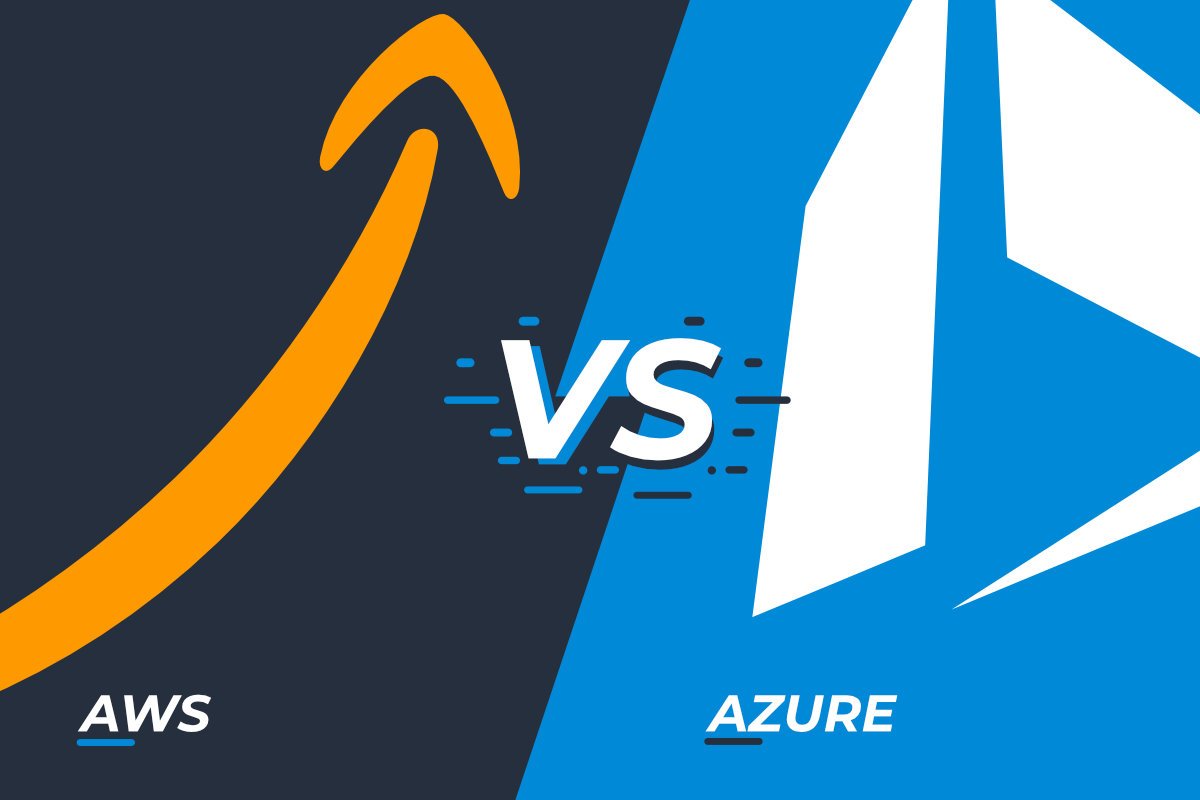
JOT INSIGHTS
Written by our team of thought leaders and technical experts, JOT Insights gets you caught up on the latest technology topics affecting businesses and tech departments today.

At Microsoft Ignite 2024, Security and AI Took Center Stage
At Microsoft Ignite 2024, Security and AI took center stage as Microsoft unveiled new capabilities. These security-specific innovations aim to strengthen enterprise defenses, protect data, and combat evolving cyber threats. The JOT team has compiled a summary of five key areas with relevant capabilities worth exploring in greater depth.

Role-Based Cybersecurity Awareness Training: Strengthening Your Organization’s Security
In today’s interconnected world, the importance of cybersecurity cannot be overstated. Despite efforts to strengthen security through training, legislation, and best practices, cyberattacks, data breaches, and ransomware incidents remain persistent challenges

Maximizing Economic Benefits by Migrating to AWS Cloud Infrastructure!
Maximizing Economic Benefits by Migrating to AWS Cloud Infrastructure! At Jot Digital, we specialize in helping businesses leverage AWS to its full potential through in-depth assessments. Our AWS assessments are designed to evaluate your current infrastructure, identify optimization opportunities, and create a roadmap for a seamless transition to AWS cloud services.

Cloud FinOps: Navigating the Path to Cost Efficiency
Cloud FinOps is an area of pain for many organizations as they embark on their cloud journey. Cost can quickly ramp up as organizations are unlocking value through business-driven demand.

Microsoft Dynamics 365 Bridge to the Cloud 2 Promotion
On January 1, 2023, Microsoft launched the “Bridge to the Cloud 2” promotion to support Dynamics customers moving from on premise versions of Dynamics GP, NAV, SL and AX to Dynamics 365 online offerings.

Start Planning: Migrating from Dynamics GP to Microsoft Business Central
Microsoft Dynamics GP has long been a trusted ERP solution for small and medium-sized businesses. Yet, with the emergence of cloud technology and the shifting demands of the digital age, businesses are now presented with a compelling opportunity to elevate to Microsoft's new ERP experience Business Central.

5 Important Reasons Why You Should Not Use WordPress for Your Website
Wordpress is used by 33% of all websites on the internet. While it has many great things going for it. It's time to take a real hard look at the security risks that it has going against it.

Trials and Tribulations of AWS EventBridge
EventBridge is the AWS service that allows you to tap into the stream of events taking place within your AWS account. It is the most powerful service within AWS for monitoring your cloud environment but is generally an afterthought as compared to CloudTrail and CloudWatch. It was once apart of the CloudWatch suite of features but was broken off as a standalone service and expanded to form its own path as a multi-purpose event streaming service.

Azure Landing Zones and Networking
Networking is simple, right? Sure thing boss! No, seriously, this blog post could be a book. In order to keep it focused, I want to concentrate on networking within Azure. An Azure Virtual Network (VNet) is the primary building block for creating your private network in Azure. Typically, deployments will have a few to several virtual networks, providing management and networking boundaries between workloads.

Azure Landing Zones and Break-Glass Accounts
Azure landing zones are a recommended way for deploying Azure topologies for both new and existing Azure customers. I wrote an intro blog post about Azure Landing Zones that you can check out. In this blog post, I’d like to examine integrating “break glass” accounts into a target architecture.

What is an Azure Landing Zone?
Recently I’ve been involved in a few client projects that are making use of Azure Landing Zones for their platform and application deployments. Landing zones are an interesting concept and so, in this blog post, let’s cover the basics.

Deploying Azure Static Web Apps Manually
Azure Static Web Apps is a relatively new service that tries to streamline the process for building and deploying full stack web apps to Azure directly from a code repository. It effectively takes an opinionated view of how this type of development should be done.

Azure Storage Encryption At Rest
Azure storage encryption can be a pretty misunderstood concept and so the goal of this post is to provide an overview of the feature set and discuss an interesting preview that is currently in progress.

Using Azure Custom Roles to Secure your Azure Data Factory Resources
Azure data factory (ADF) is billed as an Extract/Transform/Load (ETL) tool that has a code-free interface for designing, deploying, and monitoring data pipelines. There is a lot you can do with the tool, and one of the interesting design features is that it is all built on top of Azure Resource Manager (ARM). One issue that arises due to this approach is that both development and operations of the ADF resource is done in the same place.

Fixing ADF Databricks Linked Service
Azure Data Factory (ADF) is effectively a programming model built upon Azure Resource Manager (ARM) templates. One way to automate deployments of ADF is to make use of ARM template exports which are automatically exported when you click the publish button.

Exploring Azure Databricks Permissions
We are continuing on with our discussion about devops and security concerns with Azure Databricks. In this post, we will talk about setting up granular permissions inside of Azure Databricks.

AWS vs. Azure - Object Storage Blob Access Part 1
For both AWS and Azure, a REST based API has been created to facilitate blob storage operations. The REST API has two logical components, a data plane (interacting with blobs themselves) and a management plane (interacting with the service itself). The goal of this post is to talk about access options at the data plane level.

